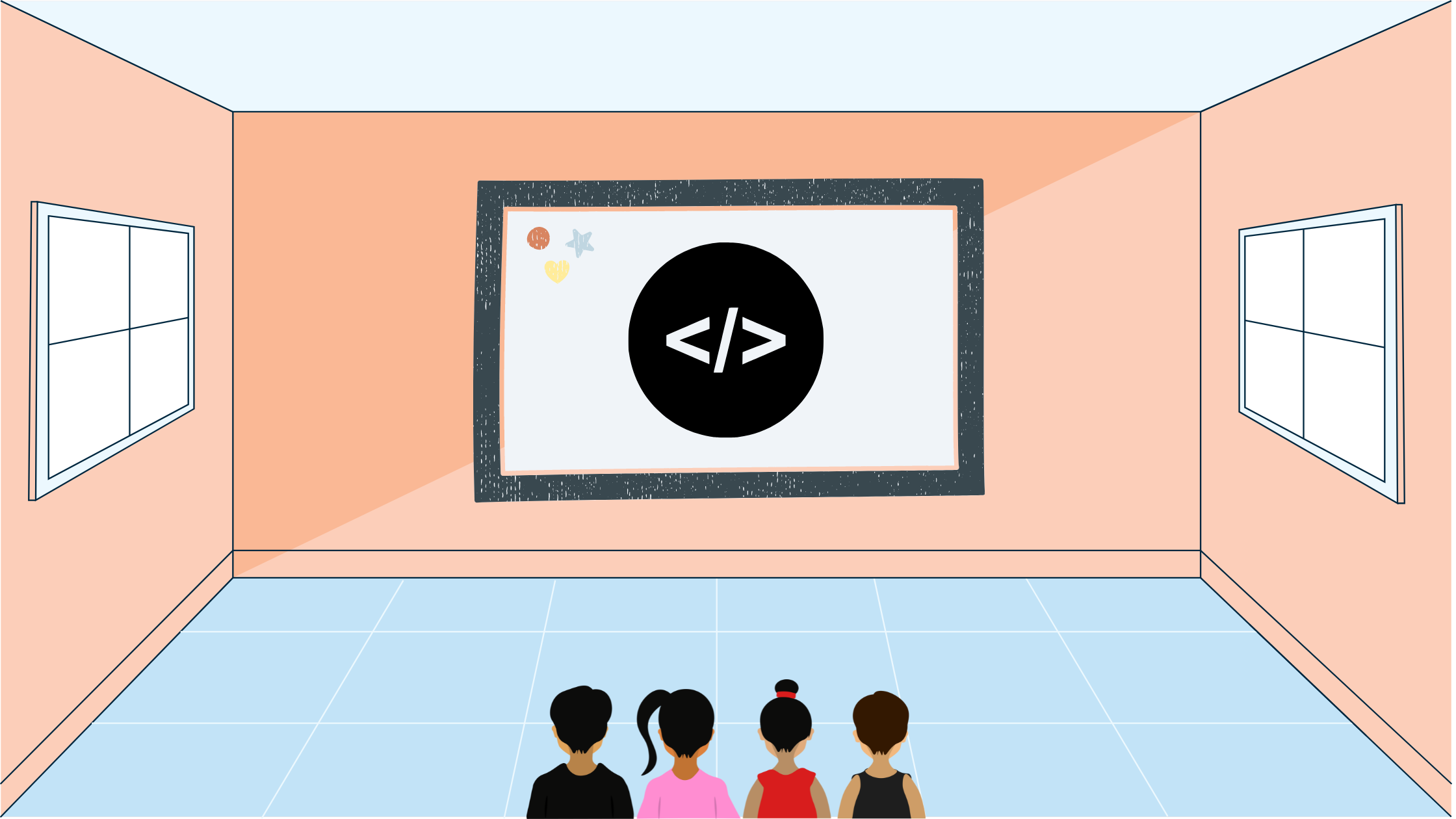USACO Blocks
In this blog post I'll go over the USACO Blocks Bronze February 2022 Problem 3 using other resources and solutions.
Statement
We are given four dice with letters on them and a list of words to spell. We have to print out "YES" if the word can be spelled by arranging the dice in a specific order and "NO" otherwise.
Solution
We can have a recursive function that moves from letter to letter and gives the avaliable dice that can be used for each one. This will take in worst case which takes operations.
Implementation
Let's go through an implementation in C++:
#include <bits/stdc++.h>
using namespace std;
string die[4];
// Recursive function to check if can make word
// r: already used dice
// word: left part of word to spell
bool can_make(string word, map<int, bool> r) {
if (word.size() == 0) {
return true;
}
// Chop off first part of word
char first{word[0]};
word = word.substr(1, word.size() - 1);
bool canmakeinend{false};
// Iterate over the dice
for (int i{0}; i < 4; ++i) {
// If dice not already used
if (r.find(i) == r.end()) {
// Check if the dice contains the character we are looking for
bool g{false};
for (auto ch: die[i]) {
if (ch == first) {
g = 1;
break;
}
}
if (g) {
// Recursively check if we can make the rest of the word
r[i] = 1;
if (can_make(word, r)) {
canmakeinend = true;
break;
}
r.erase(i);
}
}
}
if (canmakeinend) {
return true;
}
return false;
}
int main() {
ios_base::sync_with_stdio(false);
cin.tie(nullptr);
int n;
cin >> n;
cin >> die[0] >> die[1] >> die[2] >> die[3];
// Run the can_make function on each test case
while (n--) {
string word;
cin >> word;
map<int, bool> r;
if (can_make(word, r)) {
cout << "YES" << endl;
} else {
cout << "NO" << endl;
}
}
}Lessons Learnt
Not too many lessons learned from this problem, just an implementation problem assessing whether you understand recursive programming.

